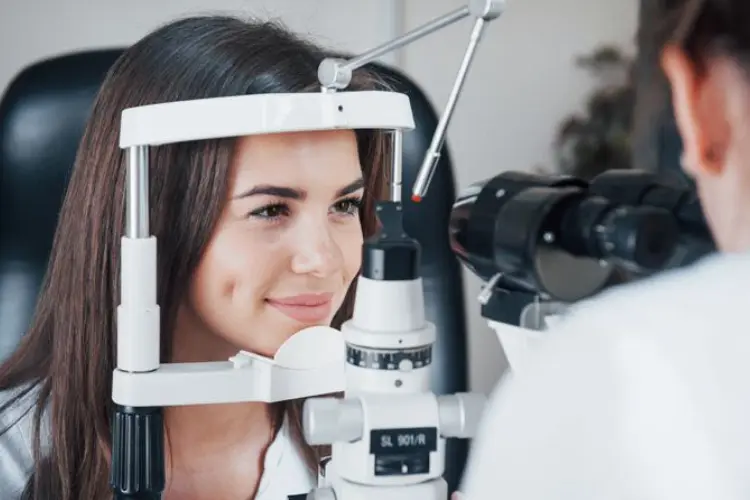
When it comes to our health, we often prioritize regular check-ups for our heart, teeth, and overall well-being. However, our vision is just as vital, and routine eye examinations are an essential part of maintaining good eye health. But how often should you get your eyes examined by visiting the best eye doctor near me that you can search for? The answer may vary depending on your age, risk factors, and any existing eye conditions. In this blog, we'll guide you through the recommended frequency of eye exams for different age groups and situations.
Early childhood is a critical time for visual development, making regular eye exams crucial. Children should have their first eye exam at around 6 months of age. Another examination is recommended at age 3, and then just before starting school, typically around age 5 or 6. After that, it's advisable for school-age children to have an eye exam every two years, unless any issues arise. Early detection of vision problems is vital to ensure children can learn and develop optimally.
For most adults with no preexisting eye conditions or risk factors, having an eye exam every two years is generally recommended. However, as you age, the risk of developing eye conditions like cataracts, glaucoma, and age-related macular degeneration increases. After the age of 40, it's advisable to have an annual eye exam to monitor and detect any age-related changes or eye diseases promptly.
As you reach your senior years, regular eye exams become even more critical. Individuals aged 65 and older are at a higher risk of eye diseases such as glaucoma or primary open angle glaucoma, cataracts, and diabetic retinopathy. Therefore, seniors should have their eyes examined annually to detect and manage these conditions as early as possible.
If you have certain risk factors, you may need more frequent eye exams. Some of these risk factors include:
In conclusion, the frequency of eye exams varies depending on your age, risk factors, and overall eye health. Regular eye examinations are essential for maintaining good vision and detecting eye conditions early when they are most treatable. Remember that your eye health is an integral part of your overall well-being, so don't overlook the importance of routine eye care. Consult with an eye specialist such as Dr. Nandita Rane - a renowned eye specialist in Chembur to determine the best schedule for your specific needs and circumstances.